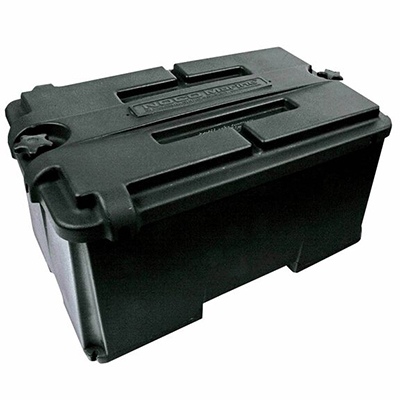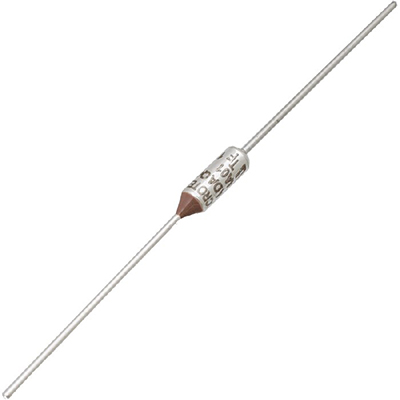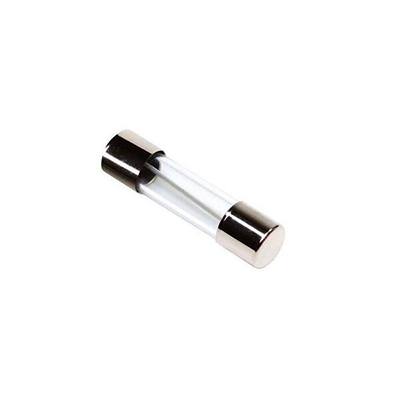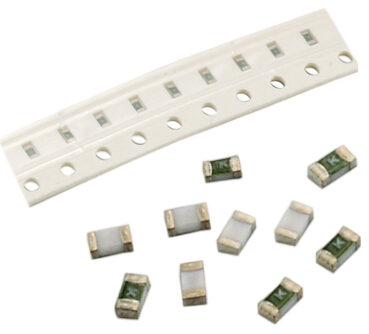A Comprehensive Guide to Understanding and Complying with Import Regulations for Car Battery Boxes in Global Markets
News 2025-10-20
International buyers seeking to import car battery boxes must navigate a intricate array of regulations designed to ensure safety, environmental protection, and quality standards. These enclosures, critical for housing batteries in vehicles, protect against hazards like electrical shorts and chemical leaks, making them essential in automotive applications. Compliance with import rules not only prevents legal issues but also supports the integration of advanced technologies in electric and hybrid vehicles, enhancing overall system reliability and performance. By adhering to these guidelines, buyers can streamline global trade and contribute to sustainable automotive innovations.

Key Regulatory Bodies and Standards
Several international and regional bodies set the standards for importing car battery boxes. The United Nations Economic Commission for Europe (UNECE) enforces regulations like UN GTR 20 for electric vehicle safety, while the European Union mandates compliance with the Battery Directive and REACH for chemical and environmental controls. In the United States, the Department of Transportation (DOT) and Federal Motor Vehicle Safety Standards (FMVSS) govern hazardous material handling. These frameworks ensure that battery boxes meet criteria for durability and safety, reducing risks in automotive applications and facilitating smoother cross-border transactions.
Application Scenarios and Performance Benefits
Car battery boxes find extensive use in various automotive contexts, particularly in electric vehicles (EVs) and hybrid systems, where they manage energy storage and thermal regulation. In EVs, compliant boxes enhance performance by improving heat dissipation and vibration resistance, leading to longer battery life and reduced failure rates. For commercial fleets, these enclosures offer advantages in harsh environments, such as better corrosion protection and impact absorption, which boost vehicle uptime and safety. Adhering to import regulations ensures that these benefits are realized, promoting efficient energy use and minimizing environmental impact in real-world operations.
1、What are the main import regulations for car battery boxes?
The primary regulations include UNECE standards for safety, EU REACH for chemical compliance, and US DOT rules for hazardous materials, all aimed at ensuring product integrity.
2、How can buyers verify compliance before import?
Buyers should review certification documents, conduct independent testing, and consult with regulatory experts to confirm adherence to relevant standards.
3、What risks arise from ignoring import rules?
Ignoring regulations can result in customs seizures, financial penalties, or market exclusions, potentially harming business operations and reputation.


